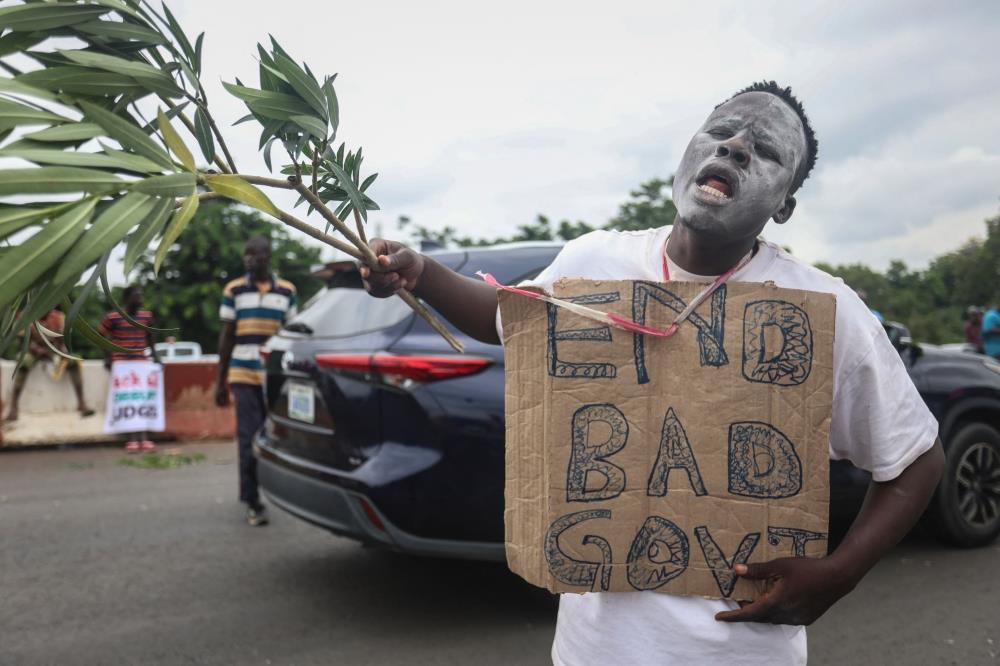
Nigeria Borrows $134 Million To Boost Farms As Famine Looms
Lagos: Nigeria has secured a 134-million-dollar (127-million-euro) loan to invest in farming, the government said on Thursday, as Africa's most populous nation faces a hunger crisis of staggering proportions.
According to a statement, Minister of Agriculture and Food Security Abubakar Kyari said the money would support an ongoing plan to boost staples like wheat, rice, maize, sorghum, soybean and cassava.
With Nigeria's fast-growing population now at least 220 million, strengthening the role of agriculture in the oil-exporting nation's economy is a key goal of President Bola Tinubu's government.
Read Also-
Toxic smog smothering India's capital smashes WHO limit
Fossil fuel emissions to hit new record in 2024: researchers
Measles cases surge 20%, global study shows
But Nigeria is still facing a terrible food crisis, according to a stark recent warning in a report from UN agencies, aid NGOs and Nigerian government experts.
Last week's update from the "Cadre Harmonise" team said 25 million Nigerian already face "acute food insecurity" and the figure is expected to rise to 33 million in 2025.
Northern Nigeria has been plagued by Islamist insurgencies since 2009 and bandits and kidnapping gangs operate freely, while climate change and deforestation have made the region arid.
Violence and desertification have also spurred sometimes violent rivalries between farming communities and nomadic herdsmen, while the more general economic crisis has driven food prices higher.
The report cited the continuous devaluation of the Nigerian currency against the dollar and Tinubu's decision last year to abolish a decades-old fuel subsidy.
One year later, in June, annual food-price inflation was recorded at 40.9 percent. The price of beans rose 282 percent between October 2023 and the month in 2024. Locally grown rice was up 153 percent.
Last month, torrential rains swamped a swathe of central Nigeria, destroying 1.6 million hectares of farmland, according to an estimate by the UN Food and Agriculture Organisation.
Crops on the flooded land could have supported 13 million Nigerians for a year.

Legal Disclaimer:
MENAFN provides the
information “as is” without warranty of any kind. We do not accept
any responsibility or liability for the accuracy, content, images,
videos, licenses, completeness, legality, or reliability of the information
contained in this article. If you have any complaints or copyright
issues related to this article, kindly contact the provider above.















Comments
No comment